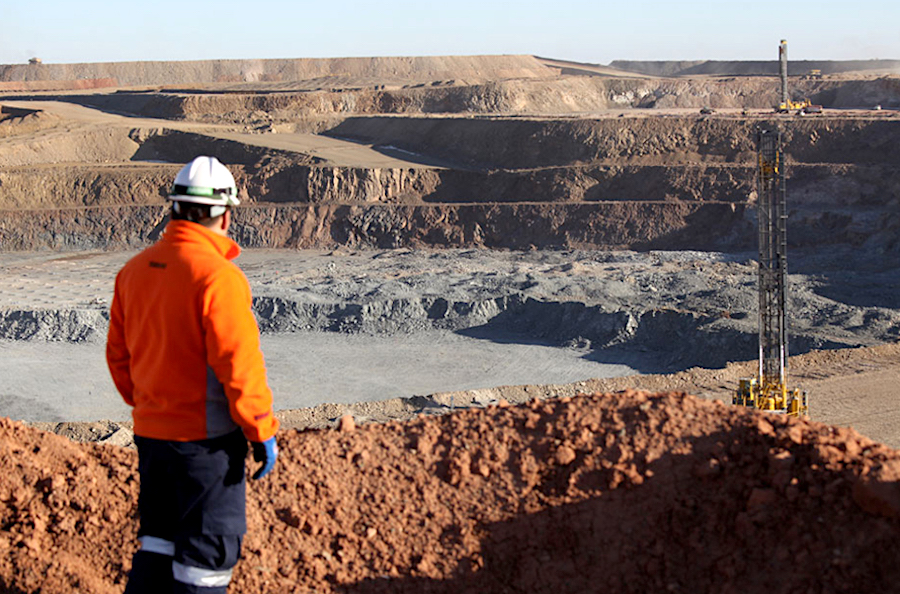
The miner says Oyu Tolgoi received a tax assessment for about $155 million on January 16, 2018, from the local tax authority, relating to an audit on taxes already imposed and paid by the unit between 2013 and 2015.
Rio claims Oyu Tolgoi paid an amount of $4.8 million in January 2018 to settle the unpaid taxes, fines and penalties for items it accepted.
The government has now filed its statement of defence together with a counterclaim.
“The company understands that the principal thrust of the Mongolian government claim is to seek the rejection of Oyu Tolgoi’s tax claims in their entirety,” said Turquoise Hill, the Rio-controlled company that operates the mine.
Although it is not a party to that arbitration, Turquoise Hill said on Monday that it understood that the defence and counterclaim included a request that the arbitral tribunal add both the company and a member of the Rio Tinto Group as parties to the arbitration.
Turquoise Hill said it would oppose the request that it be added to the tax arbitration and that it would defend itself against the counterclaim.
Oyu Tolgoi, the world’s largest copper-gold-silver mine, was already at the center of a protracted dispute between Turquoise and its top shareholder, Rio Tinto, over funding for the underground expansion of the mine.
Ulaanbaatar also threatened in early January to halt the expansion of the mine, arguing that delays and higher-than-expected costs had eroded the economic benefits the country had hoped for.
Turquoise Hill resumed shipments to China last month after the Canadian miner declared force majeure on some Chinese contracts last month due to covid-19-led curbs.
Oyu Tolgoi is expected to produce 480,000 tonnes of copper per year on average from 2028 to 2036 from the open pit and underground, compared with 146,300 tonnes of copper per year in 2019 from the open pit.
Midday Tuesday, Turquoise Hill’s stock was down nearly 3% on the NYSE. The company has a $3.51 billion market capitalization.
(With files from Reuters)




